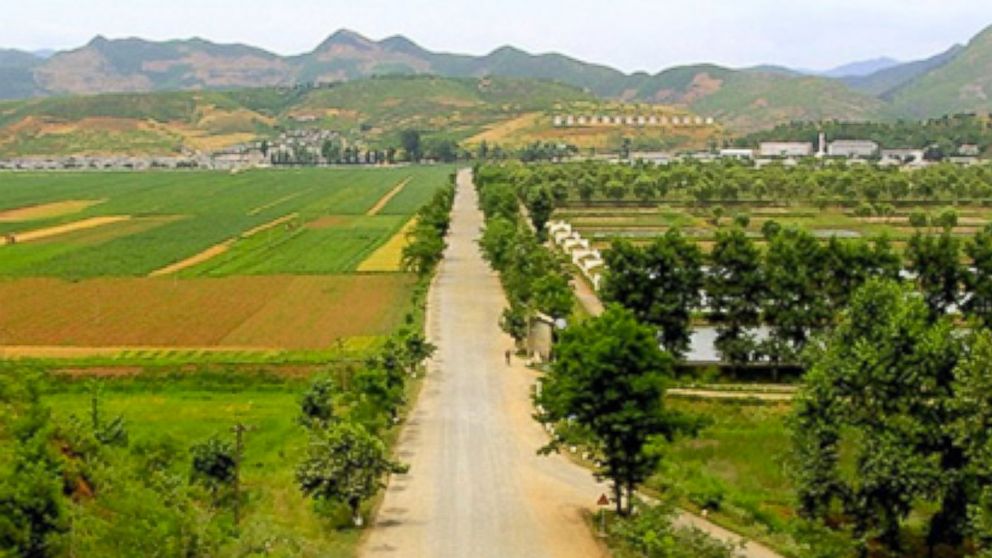Instagramming North Korea
Instagramming North Korea

Oct. 31, 2013— -- Three North Korean boys gaze attentively into the camera lens, their portrait surrounded by selfies and shots of fancy food. Nearby, a female soldier smiles as she salutes, and a woman runs a snack shack in the North Korean countryside.
They are the subjects of the trailblazing Instagram account of an American teacher in Pyongyang, the North Korean capital and perhaps one of the least understood places on Earth.
Drew Kelly, 24, is one of the few foreigners posting photos of North Korea.
Known as the Hermit Kingdom, North Korea is renown for its government's secrecy and strict control on the flow of information. The country's authorities and its reclusive leader, Kim Jong Un, severely limit what state media report and the access that foreigners, and especially journalists, have to the country.
After years of photos emerging from North Korea via the country's state media—often pictures of the country's deified leaders or of highly choreographed, militaristic celebrations—Instagram has provided a platform for an intriguing look into a country that is notorious for meticulously managing the image it projects abroad.
Stills and videos of snacks, schoolchildren, public transport and billboards now pop up on the few Instagram users in the North, denoted by hashtags like #pyongyang, #thiskoreanlife and #livefromnorthkorea.
See some of Kelly's and other photographer's Instagram photographs from North Korea.
David Guttenfelder, AP's chief Asia photographer, has gained nearly 200,000 followers since he began posting photos from North Korea on Instagram. He is the sole Western photojournalist to have been in and out of the country regularly since AP in January 2012 became the first international news organization to open a permanent bureau there.
While Guttenfelder uses his professional cameras for most of his journalistic work, he'll often grab his iPhone from his back pocket and also snap "caption-less moments that aren't really newsworthy"—photographs of still life and little details that wouldn't make the AP wire, he told ABC News.
He posts those pictures on Instagram."They're sort of more personal. They're things that you would notice, that you'd tell your friends about," he said.
Reporters had previously been prevented from bringing their own cellphones into the country, but that changed this year. In February, faster 3G cellular service arrived in North Korea—and around that time, authorities began letting foreign journalist use their own phones—allowing visiting Western journalists and others to post online in real time.
Kelly, who has taught English at a university in Pyongyang for two years, started posting on Instagram from North Korea in July 2012. He said he has a free rein to move about and interact with locals on his school's campus, which has wifi, but he's more limited when he is away from the university.




